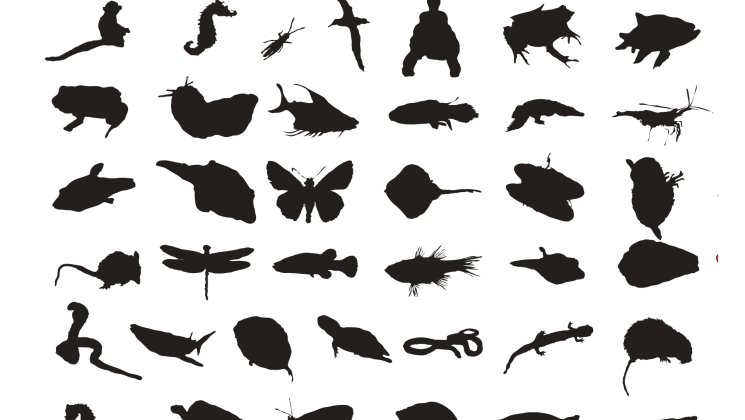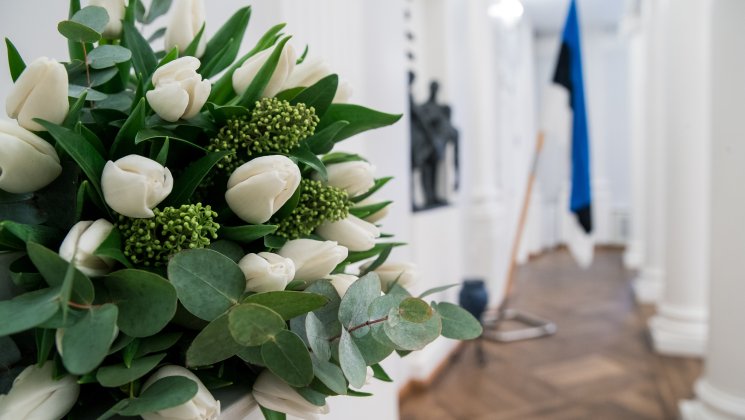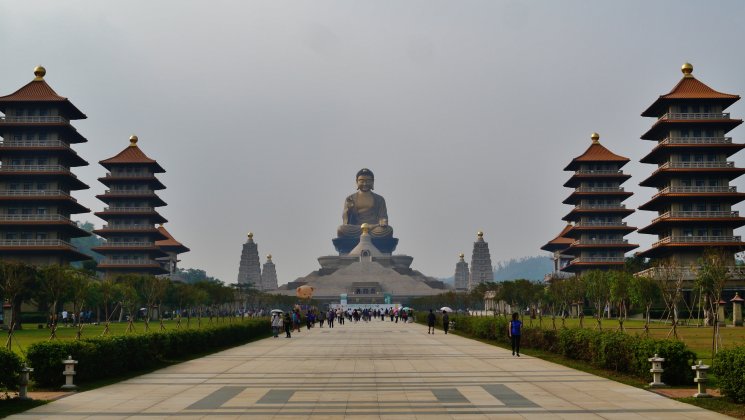-
Faculty of Arts and HumanitiesDean's Office, Faculty of Arts and HumanitiesJakobi 2, r 116-121 51005 Tartu linn, Tartu linn, Tartumaa EST0Institute of History and ArchaeologyJakobi 2 51005 Tartu linn, Tartu linn, Tartumaa EST0Institute of Estonian and General LinguisticsJakobi 2, IV korrus 51005 Tartu linn, Tartu linn, Tartumaa ESTInstitute of Philosophy and SemioticsJakobi 2, III korrus, ruumid 302-337 51005 Tartu linn, Tartu linn, Tartumaa EST0Institute of Cultural ResearchÜlikooli 16 51003 Tartu linn, Tartu linn, Tartumaa EST0Institute of Foreign Languages and CulturesLossi 3 51003 Tartu linn, Tartu linn, Tartumaa EST0School of Theology and Religious StudiesÜlikooli 18 50090 Tartu linn, Tartu linn, Tartumaa EST0Viljandi Culture AcademyPosti 1 71004 Viljandi linn, Viljandimaa EST0Professors emeritus, Faculty of Arts and Humanities0Associate Professors emeritus, Faculty of Arts and Humanities0Faculty of Social SciencesDean's Office, Faculty of Social SciencesLossi 36 51003 Tartu linn, Tartu linn, Tartumaa EST0Institute of EducationJakobi 5 51005 Tartu linn, Tartu linn, Tartumaa EST0Johan Skytte Institute of Political StudiesLossi 36, ruum 301 51003 Tartu linn, Tartu linn, Tartumaa EST0School of Economics and Business AdministrationNarva mnt 18 51009 Tartu linn, Tartu linn, Tartumaa EST0Institute of PsychologyNäituse 2 50409 Tartu linn, Tartu linn, Tartumaa EST0School of LawNäituse 20 - 324 50409 Tartu linn, Tartu linn, Tartumaa EST0Institute of Social StudiesLossi 36 51003 Tartu linn, Tartu linn, Tartumaa EST0Narva CollegeRaekoja plats 2 20307 Narva linn, Ida-Virumaa EST0Pärnu CollegeRingi 35 80012 Pärnu linn, Pärnu linn, Pärnumaa EST0Professors emeritus, Faculty of Social Sciences0associate Professors emeritus, Faculty of Social Sciences0Faculty of MedicineDean's Office, Faculty of MedicineRavila 19 50411 Tartu linn, Tartu linn, Tartumaa ESTInstitute of Biomedicine and Translational MedicineBiomeedikum, Ravila 19 50411 Tartu linn, Tartu linn, Tartumaa ESTInstitute of PharmacyNooruse 1 50411 Tartu linn, Tartu linn, Tartumaa ESTInstitute of DentistryL. Puusepa 1a 50406 Tartu linn, Tartu linn, Tartumaa ESTInstitute of Clinical MedicineL. Puusepa 8 50406 Tartu linn, Tartu linn, Tartumaa ESTInstitute of Family Medicine and Public HealthRavila 19 50411 Tartu linn, Tartu linn, Tartumaa ESTInstitute of Sport Sciences and PhysiotherapyUjula 4 51008 Tartu linn, Tartu linn, Tartumaa ESTprofessors emeritus, Faculty of Medicine0associate Professors emeritus, Faculty of Medicine0Faculty of Science and TechnologyDean's Office, Faculty of Science and TechnologyVanemuise 46 - 208 51003 Tartu linn, Tartu linn, Tartumaa ESTInstitute of Computer ScienceNarva mnt 18 51009 Tartu linn, Tartu linn, Tartumaa ESTInstitute of GenomicsRiia 23b/2 51010 Tartu linn, Tartu linn, Tartumaa ESTEstonian Marine Institute0Institute of PhysicsInstitute of ChemistryRavila 14a 50411 Tartu linn, Tartu linn, Tartumaa ESTInstitute of Mathematics and StatisticsNarva mnt 18 51009 Tartu linn, Tartu linn, Tartumaa EST0Institute of Molecular and Cell BiologyRiia 23, 23b - 134 51010 Tartu linn, Tartu linn, Tartumaa ESTTartu ObservatoryObservatooriumi 1 61602 Tõravere alevik, Nõo vald, Tartumaa EST0Institute of TechnologyNooruse 1 50411 Tartu linn, Tartu linn, Tartumaa ESTInstitute of Ecology and Earth SciencesJ. Liivi tn 2 50409 Tartu linn, Tartu linn, Tartumaa ESTprofessors emeritus, Faculty of Science and Technology0associate Professors emeritus, Faculty of Science and Technology0Area of Academic SecretaryHuman Resources OfficeÜlikooli 18, ruumid 302 ja 304 50090 Tartu linn, Tartu linn, Tartumaa EST0Area of Head of FinanceFinance Office0Area of Director of AdministrationInformation Technology Office0Administrative OfficeÜlikooli 17 (III korrus) 51005 Tartu linn, Tartu linn, Tartumaa EST0Estates Office0Marketing and Communication OfficeÜlikooli 18, ruumid 102, 104, 209, 210 50090 Tartu linn, Tartu linn, Tartumaa EST0Area of Vice Rector for Academic AffairsOffice of Academic AffairsUniversity of Tartu Youth AcademyUppsala 10 51003 Tartu linn, Tartu linn, Tartumaa ESTStudent Union OfficeÜlikooli 18b 51005 Tartu linn, Tartu linn, Tartumaa EST0Centre for Learning and TeachingArea of Vice Rector for ResearchUniversity of Tartu LibraryW. Struve 1 50091 Tartu linn, Tartu linn, Tartumaa ESTGrant OfficeArea of Vice Rector for DevelopmentCentre for Entrepreneurship and InnovationNarva mnt 18 51009 Tartu linn, Tartu linn, Tartumaa EST0University of Tartu Natural History Museum and Botanical GardenVanemuise 46 51003 Tartu linn, Tartu linn, Tartumaa EST0International Cooperation and Protocol Office0University of Tartu MuseumLossi 25 51003 Tartu linn, Tartu linn, Tartumaa EST0Area of RectorRector's Strategy OfficeInternal Audit Office
Unique winter school unravels the interactions between humanity and planet survival
From 29 January to 2 February, the international winter school "Survivance and Survival: Theory and Method" will focus on the question of the survival of humanity by looking at it from the perspective of the humanities. The preservation of languages, cultural memory and related critique, and cultural narratives will be explored. The winter school will host both Estonian and foreign experts, whose public lectures are open to everyone interested.
"Public debates often discuss the survival of languages, species, peoples and even of the entire planet. We intend to start a dialogue between these mostly negative debates and the concept of survivance proposed by Native American writer Gerald Vizenor. Besides tragedy and disappearance, it is also necessary to emphasise the power of action and creativity that we can use to solve the crises ahead,“ explained Raili Marling, Professor of English.
The public lectures will highlight the current issues in historical relations between countries as one of the most special topics seldom discussed in Estonia. Sociologist and social anthropologist Łucja Piekarska-Duraj from the Jagiellonian University in Kraków will talk about interpreting populist policies of memory and returning postcolonial heritage. Magdalena Zolkos, Associate Professor at the University of Jyväskylä, will examine the interactions between relational memory and respect for the living cultural heritage of indigenous peoples.
An acute topic in the Estonian public sphere, which is also related to memory and heritage, is the fate of the Uralic languages spoken in Russia, introduced by Professor Petar Kehayov from the University of Tartu. Professor Julia Sallabank from the School of Oriental and African Studies (SOAS) at the University of London will also focus on the preservation of languages in modern culture, deliberating in her lecture how to relate to colonial heritage in the process of language revival.
Sonja Dümpelmann, Professor at Ludwig-Maximilians-Universität München who studies the cultural layers of urban landscapes, will delve even deeper into the topic of sustainable development of our planet. The questions of urban occupancy, but from the angle of a cultural phenomenon, will also be addressed by Annie McClanahan, Associate Professor at the University of California, Irvine, whose research focuses on gigworkers – an increasing workforce also in Estonia – and the associated culture of control.
Inspired by the theme of the European Capital of Culture Tartu 2024, the winter school explores different cultural scenarios and practices from the perspective of the humanities: for example, the preservation of languages, cultural memory and related critique, and cultural narratives, to which solutions will be proposed in lectures, seminars, workshops, and roundtables.
The winter school is hosted by the University of Tartu; the project "Cooperation between universities to promote doctoral studies" (2021–2027.4.04.24-0003) is co-funded by the European Union. The event is organised in cooperation with Europaeum, a network of leading European universities, with 25 participants from member universities.
More information about the public lectures and speakers is available on the event website.

The ecological art exhibition "Unknown" draws attention to the extinction of species

Public lecture on Mother Tongue Day: come and find out whether Wikipedia has a place in schools and universities

